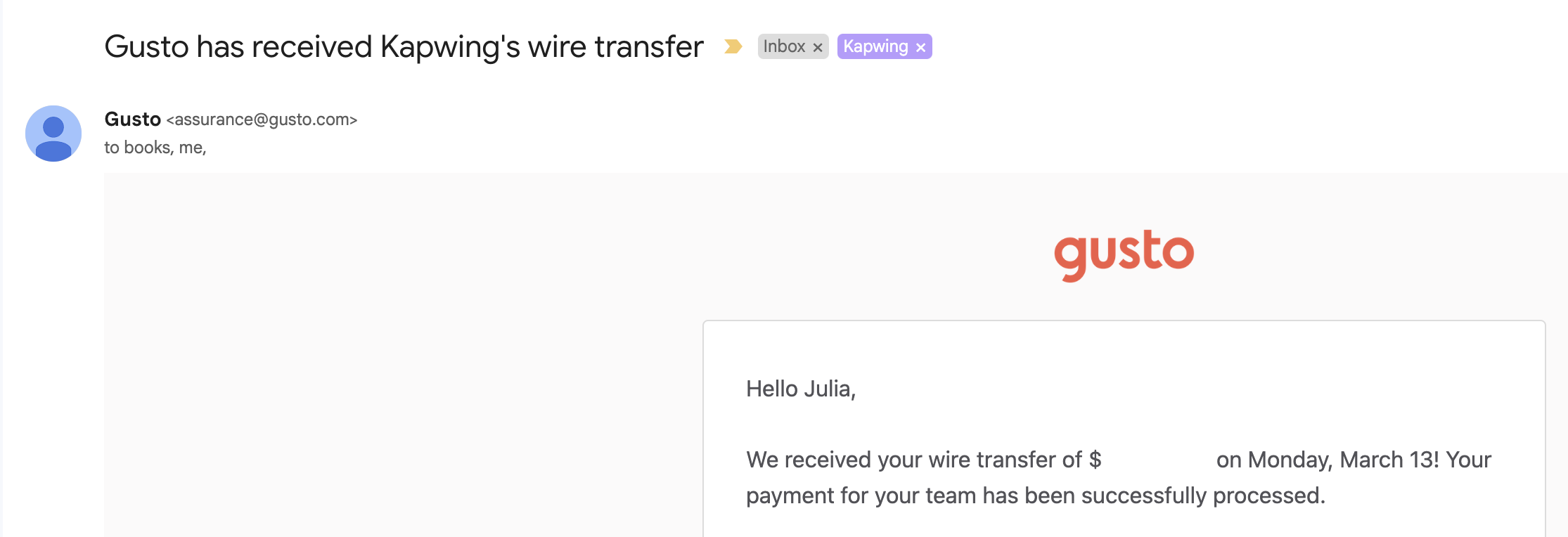Tech Entrepreneurship and Shifting Sentiment

When I started Kapwing in 2017, it was cool to be a tech entrepreneur. People looked up to techies. How I Built This was one of Apple’s top podcasts. Stripe, then a tech industry darling, acquired IndieHacker, a popular website about resourceful entrepreneurship. In 2018, famous startup accelerator YCombinator allegedly got more than 10,000 applications.
Last weekend’s commentary on the SVB crisis showed us that is no longer true. On Twitter, peoeple seemed to ridicule the impacted tech startups. People thought depositors should lose their money because they made the “irresponsible” decision to bank with a large, stable, well-known public institution.
This confirmed a sentiment I’ve noticed in my personal life. In the last couple of years, I've felt embarrassed in some circles to tell people I’m a software founder/CEO, even though I’m extremely proud of Kapwing and the impact it’s had in the world.
Why Do People Hate the Tech Industry Now?
IMO, people increasingly see the tech industry as a group of fraudsters rather than well-intentioned innovators. Here’s some reasons why I think sentiment has changed towards tech:
- Startup fraud genre. Consumers delighted in the startup disaster stories retold in Inventing Anna, WeCrashed, Super Pumped, etc. The media frenzied around Elizabeth Holmes’ trial and sentencing.
- The crazy rise and fall of crypto. Past technology waves – mobile in the late 2000s, social in the early 2010s, and cloud in the mid-2010s – brought time and money savings to the average consumer and office worker. In contrast, crypto didn’t, or at least hasn't yet. A lot of money and hype was poured into a technology that promised improvements down the road, but never bear fruit. The FTX explosion was a fitting capstone.
- Some of tech’s heros have fallen. Jeff Bezos and Bill Gates’s marriages fell apart. Elon Musk did some weird stuff and got into the Twitter debacle. Even beloved founders like Jack Conte and Patrick Collison got some bad press.
- VCs funding unsustainable business models. Billions of dollars have poured into zero-revenue companies. In this last year, this came to a head as widespread layoffs rocked the industry. I think that people resent the founders who make enormous promises and, with venture funding, pay themselves a lot from day 1, then end up having to lay everyone off when reality can’t match the vision. These days, it’s rare for founders to boostrap and hustle to get by with less like Eric and I did in the early days.
- The pandemic and dispersion of tech talent. SF used to be a mecca of tech talent: events, dinners, summits, etc that brought optimistic entrepreneurs together. As things have moved towards hybrid and virtual, tech events have become less personal, with less human connections and the authenticity, vulnerability, and friendship that come with it. The lack of in-person community made the tech industry more transactional and less inspiring than it was pre-pandemic.

I love technology and startups. Founding a company has been the greatest experience of my career and one of the best of my life. Yet even I have found myself resenting the tech industry as a competitor of ours with very little revenue raised more money than us on hype alone. I cringed when a16z, a storied VC firm, put hundreds of millions into Adam Neumann’s nascent idea.
Silicon Valley needs a cultural shift. VCs contribute to this negative cycle when they value hype over business value, vision over track record, and growth rate over sustainable business models. Founders contribute when they hide their doubts and failures, hire too quickly, and flaunt their success too early. Everyone needs to shine more light on solving real user problems.
This is an existential problem for the tech industry, as negative public perception will lead to more regulation, less public support, and (over time) less talent.
Thanks for reading! I'm extremely grateful that we've gotten access all of our SVB deposits, and we've now opened up multiple other bank accounts to house our incoming revenue and balance. This allowed us to run payroll and continue to launch new products for creators without disruption.







